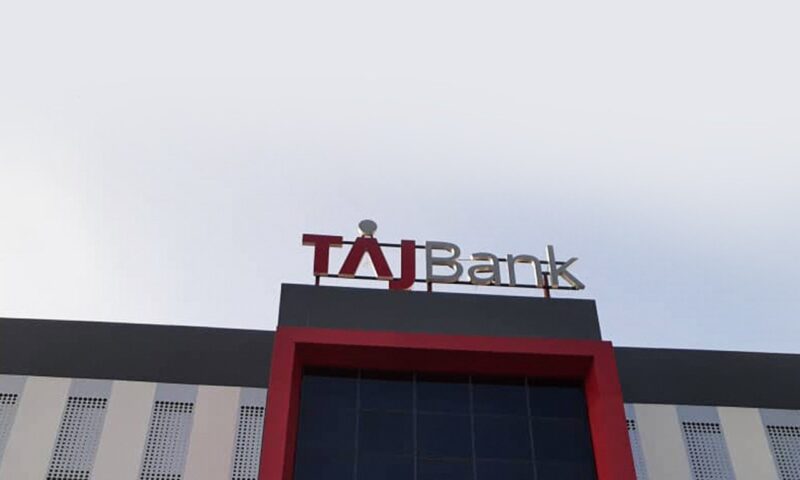 The non-interest bank, TAJBank, has met the new capital thresholds for its operations set by the Central Bank of Nigeria.
The non-interest bank, TAJBank, has met the new capital thresholds for its operations set by the Central Bank of Nigeria.
According to a statement on Thursday, this was confirmed by the Managing Director/Chief Executive Officer of the bank, Mr. Hamid Joda.
In March 2024, the CBN directed commercial banks with international authorisation to increase their capital base to N500bn and national banks to N200bn, while those with regional authorisation are expected to achieve a N50bn capital floor.
Similarly, non-interest banks with national and regional authorisations will need to increase their capital to N20bn and N10bn, respectively. CBN gave the banks a deadline of March 2026
Speaking on the sidelines of an investment summit in Abuja, Joda revealed that with compliance with the required minimum capital base as directed by the CBN, TAJBank has joined the ranks of a few banks that had already met or exceeded the CBN’s revised capital thresholds scheduled for enforcement from March 2026 by the apex bank.
“I am happy to report that through the leadership of our bank’s board, which is led by an industry doyen, Tanko Gwamna, and the support of our valued shareholders and investors, TAJBank has fulfilled the mandatory recapitalisation requirement and is now fully prepared for a more customer-friendly, innovative banking services delivery to our growing customers nationwide.
“Let me also use this opportunity to commend the CBN Governor, Mr. Olayemi Cardoso, and the management of the apex bank for the recapitalisation initiative, which, by all assessment standards, will reposition Nigerian banks for competitiveness in the rapidly changing global banking space. I want to assure all our shareholders, new investors and customers that TAJBank will continue to prioritise their interests in our operations in the management’s sustained drive to add value to every kobo invested in the bank.”
He added that the bank would be increasing its spend on technological assets, solutions and human resources “to surpass the customers, shareholders and other investors’ expectations through real-time delivery of world-class and Shari’ah-compliant financial solutions to meet their needs.”
Meanwhile, at the end of the 302nd Monetary Policy Committee meeting of the CBN, Cardoso had revealed 14 banks had met the requirements.
He said, “In the financial sector, the MPC noted the continued resilience of the banking system, with most financial soundness indicators remaining within projected benchmarks.


